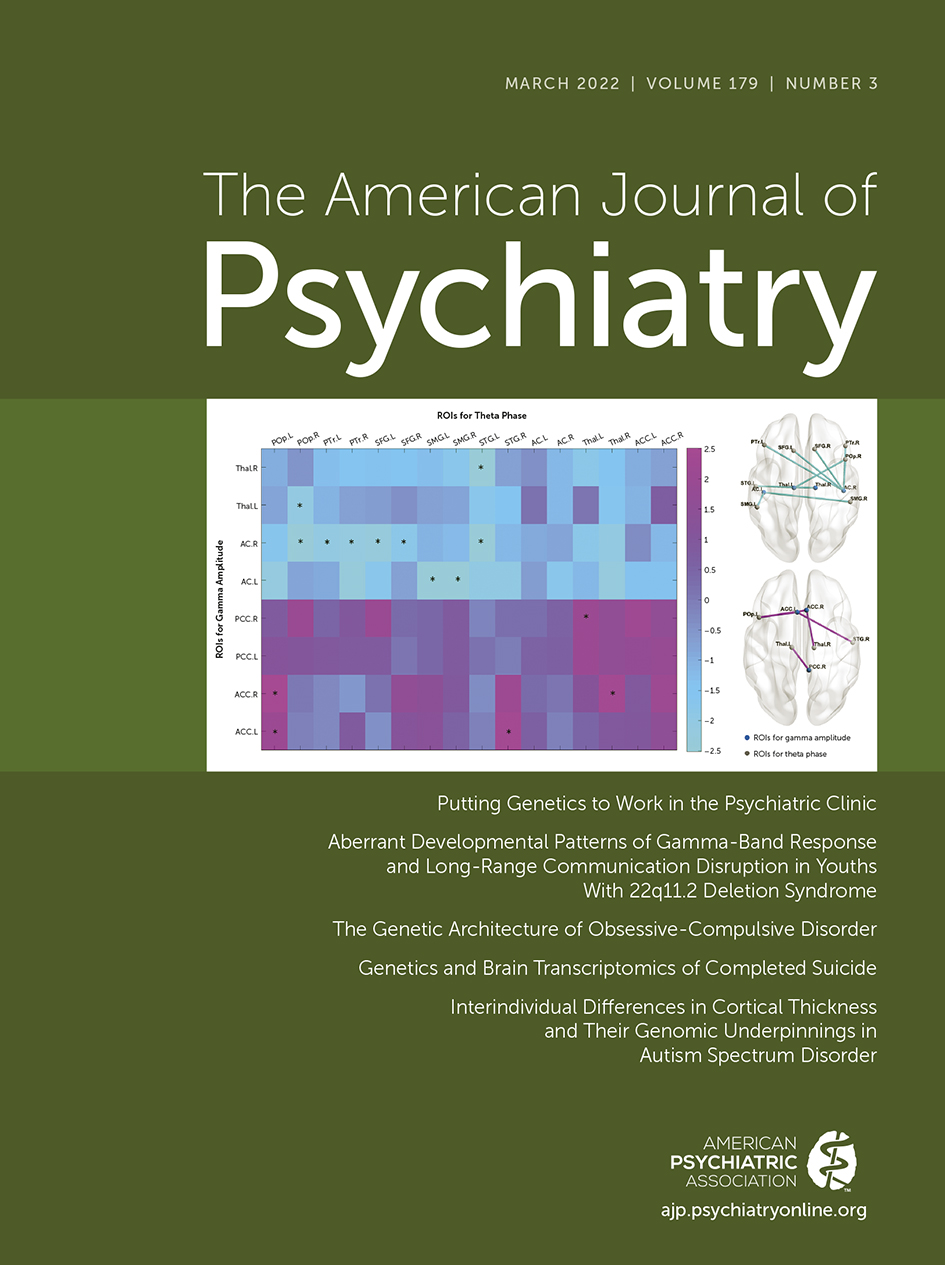Putting Genetics to Work in the Psychiatric Clinic
Abstract
The rapid progress in psychiatric genetics over the past 10 years, while exciting from a research perspective, has not yet had an impact on clinical practice. How will we really be able to put genetics to work in the psychiatric clinic? This overview will attempt to answer this question. A survey of widely used methods and major study designs highlights key findings that have emerged so far. These findings inform a broad conceptual model of how genetic risk may act to influence dimensions of psychopathology and clinical presentations. The overview concludes with highlights of some of the most clinically relevant findings to date and their implications for psychiatric practice in the near future.



